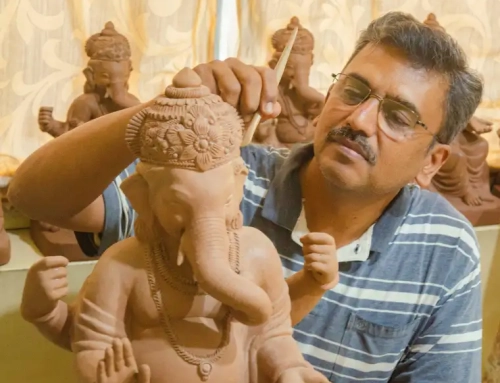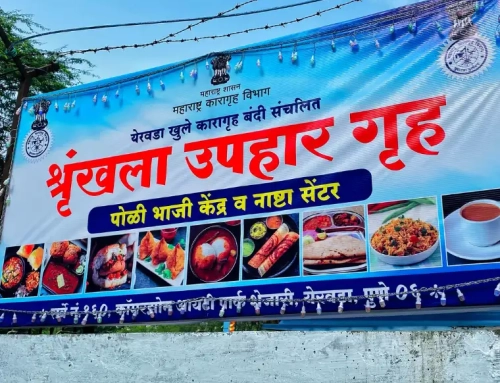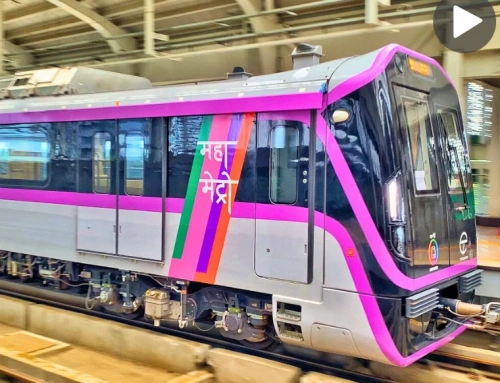The Pune Municipal Corporation (PMC) solid waste department has decided to organize a monthly collection program at 300 centres for e-waste and plastic waste.
Recently, the PMC organized a one-day e-waste and plastic waste collection that received a good response. The PMC held a Swachhta week between February 20 to 27 for the awareness and collection of e-waste and plastic waste.
On February 28 (Sunday), the civic body set up 300 collection centres and collected 15 tonnes of e-waste and eight tonnes of plastic waste in a day. The drive was organized with the help of a non-government organization. According to PMC, the Pune region, which includes Pune city, Pimpri-Chinchwad, the cantonment areas around Pune and the IT belt in Hinjewadi, generates around 10,000 metric tonnes of e-waste per annum. E-waste is classified as a hazardous waste because it contains many toxic ingredients including halogenated compounds PCBs and heavy metals.
received a good response from people in the e-waste and plastic collection drive. We have decided to continue the 300 collection centres which were temporarily set up during the drive and conduct it on a monthly basis. Besides, we are continuously taking action under the plastic ban drive in the city.”
Dr Ketki Ghatge, assistant medical officer of health, PMC solid waste management department said, “In this initiative, the PMC reached over five lakh people. We received a good response. The NGOs, self-help groups (SHGs), Mohalla committees took part in this campaign. On the background of the Covid-19 pandemic, there were a lot of computers, laptop and computer-related accessories in e-waste.”
She further said, “We have decided to organize a one-day collection drive in a month. We will campaign on social media as well as distribute pamphlets and handbills for creating awareness on plastic and e-waste.”
The Maharashtra government had in March 2018 issued a notification banning the manufacture, sale and use of single-use plastic bags. It also banned an array of plastic products including cutlery, straws and containers. The ban imposes a penalty between ₹5,000 and ₹25,000 for those violating the rules.
The city generates around 2,100 tons of garbage daily in which the plastic share is around 12 per cent. It increases during festival seasons and reaches 15 per cent.
Plastic waste contains milk bags, oil bags, food bags, yoghurt containers, plastic glasses, cooking oil canisters laminate tubes (toothpaste, medicines ), carry bags ( all micron thickness) blister packing, bubble wraps, shampoo powder bottles, empty sachets, detergent bags, wrappers cassettes, CD covers, plastic flowers, buckets among other things.




